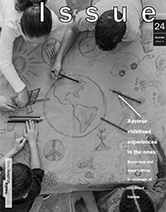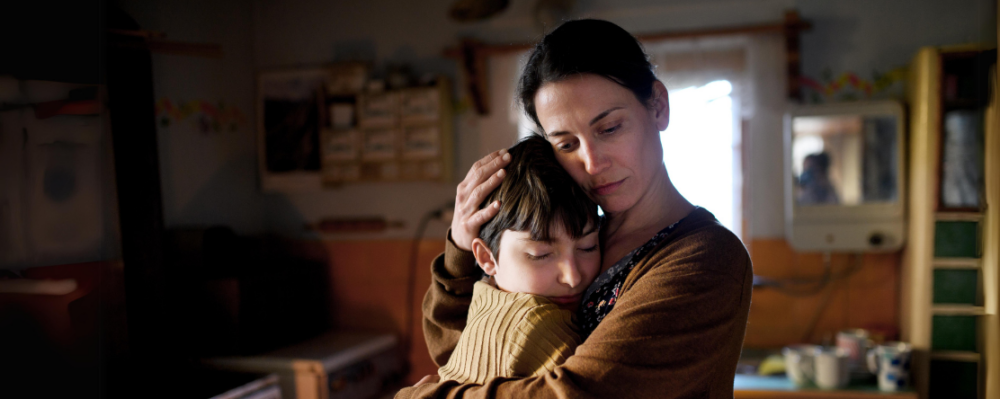
Adverse Childhood Experiences in the News: Successes and Opportunities in Coverage of Childhood Trauma
- Lori Dorfman, DrPH, MPH
- Laura Nixon, Allison Rodriguez, Sarah Han, Pamela Mejia
-
Focus Areas
Alcohol, Tobacco, Drugs & Mental Health, Women, Youth & Children -
Issues
Adverse Childhood Experiences, Mental Health, Violence Prevention -
Expertise
Media Advocacy & Communications -
Programs
Berkeley Media Studies Group

 Adverse childhood experiences (ACEs) are a critical public health issue with implications for every sector of society, but communicating about them can be challenging. In this news analysis from PHI’s Berkeley Media Studies Group, we explore whether advocates have been able to successfully explain the implications of childhood trauma.
Adverse childhood experiences (ACEs) are a critical public health issue with implications for every sector of society, but communicating about them can be challenging. In this news analysis from PHI’s Berkeley Media Studies Group, we explore whether advocates have been able to successfully explain the implications of childhood trauma.
Investigating the news about a topic can provide important clues about what information the public and policymakers are exposed to about that issue. If news coverage doesn’t discuss childhood trauma, or doesn’t make connections to the conditions that give rise to childhood trauma, it is less likely that policymakers and the public will see the issue as a priority or recognize it as a problem that can be prevented.
In this Issue, BMSG presents findings from their analysis of news coverage and consider the implications of news framing for advocates, community leaders, journalists—indeed, for anyone who seeks to communicate not only about the details of childhood trauma, but also how to end it.
Originally published by Berkeley Media Studies Group
Work With Us
You change the world. We do the rest. Explore fiscal sponsorship at PHI.
Support Us
Together, we can accelerate our response to public health’s most critical issues.
Find Employment
Begin your career at the Public Health Institute.


